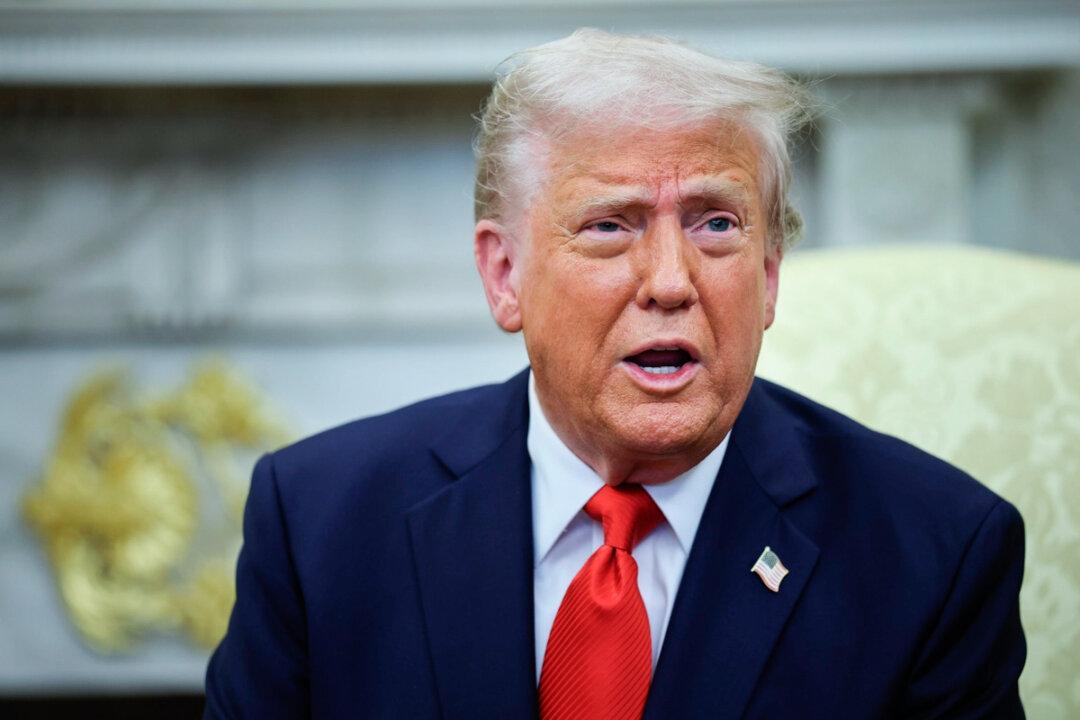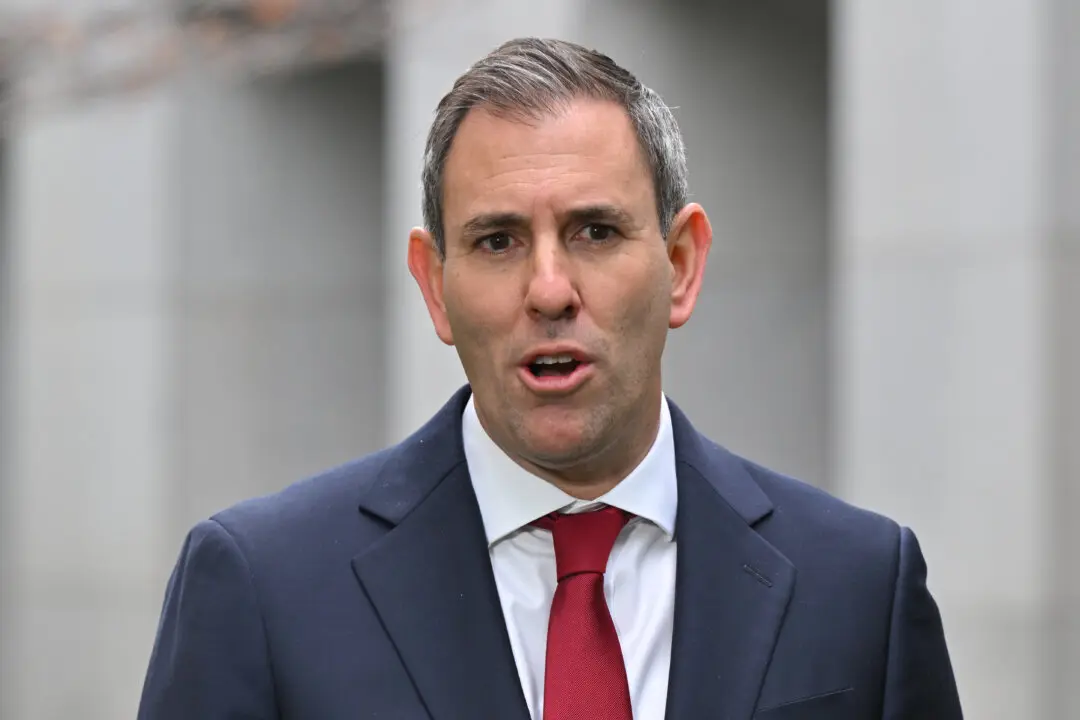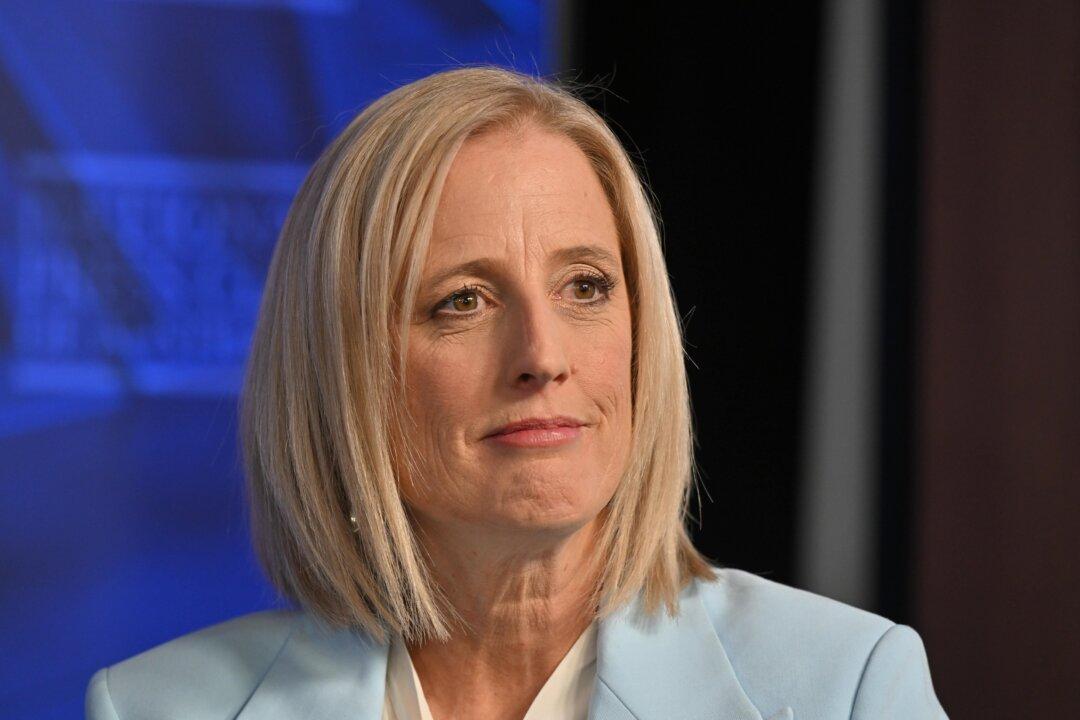As the Trump administration continues to rapidly reshape the U.S. economic landscape, Australia must act swiftly or risk being sidelined, warns April Palmerlee, CEO of the American Chamber of Commerce in Australia (AmCham).
Fresh from meetings in Washington, Palmerlee spoke exclusively with The Epoch Times, highlighting U.S. moves to attract global capital and investment.






